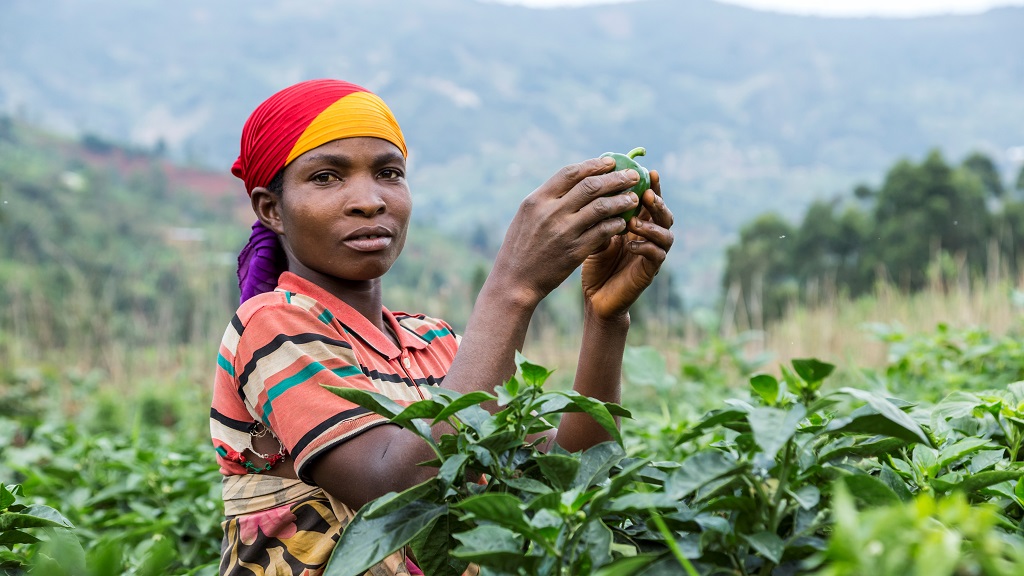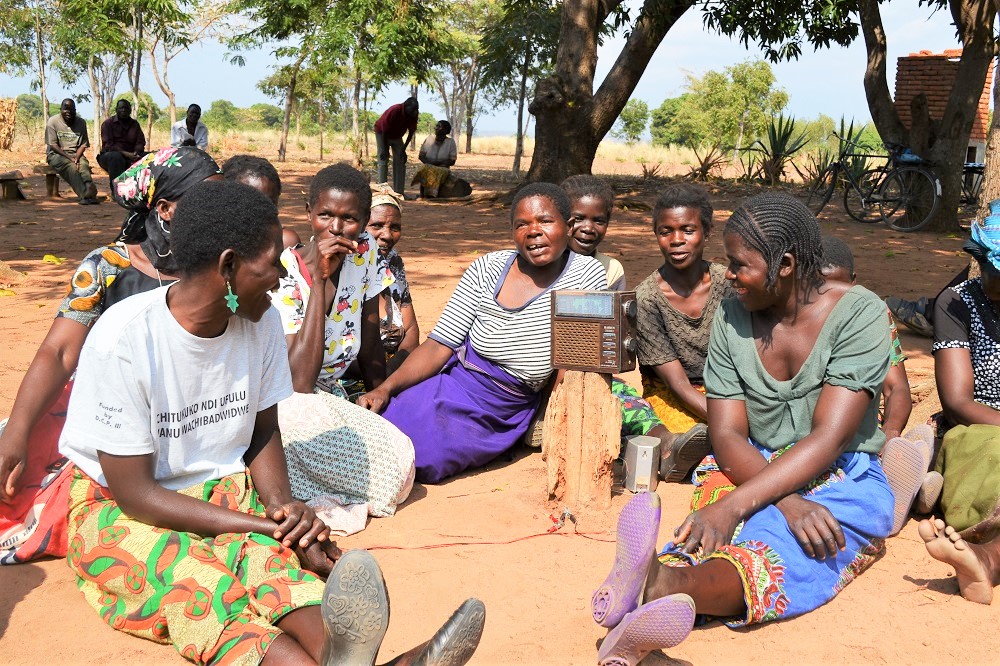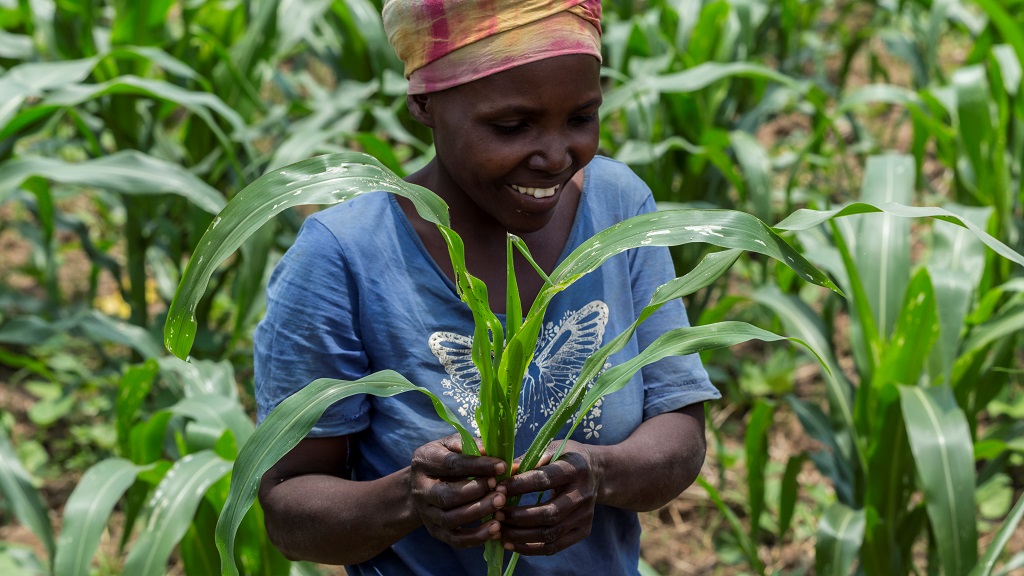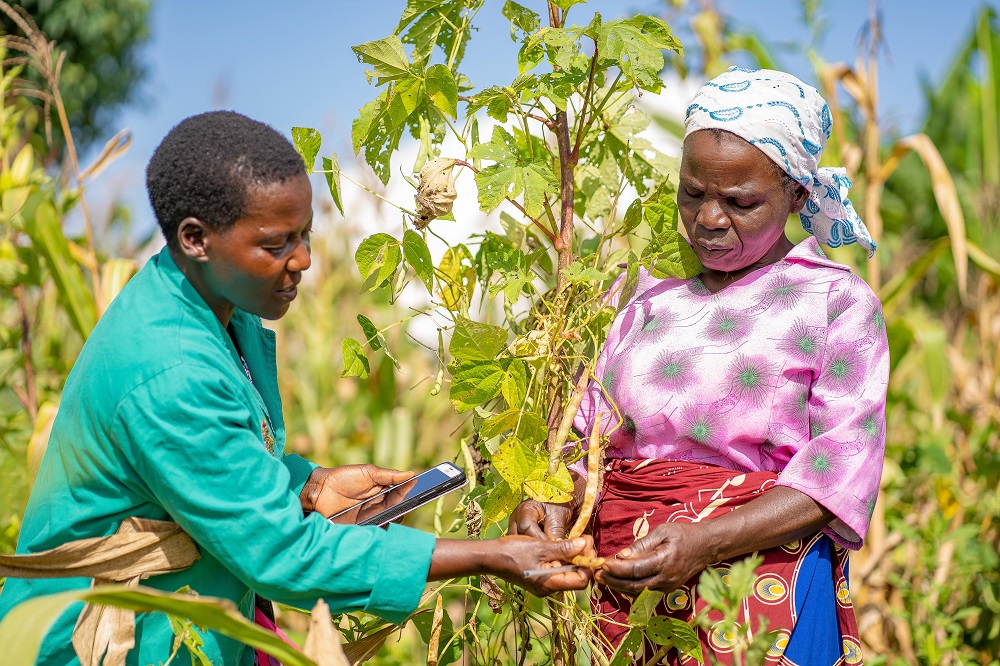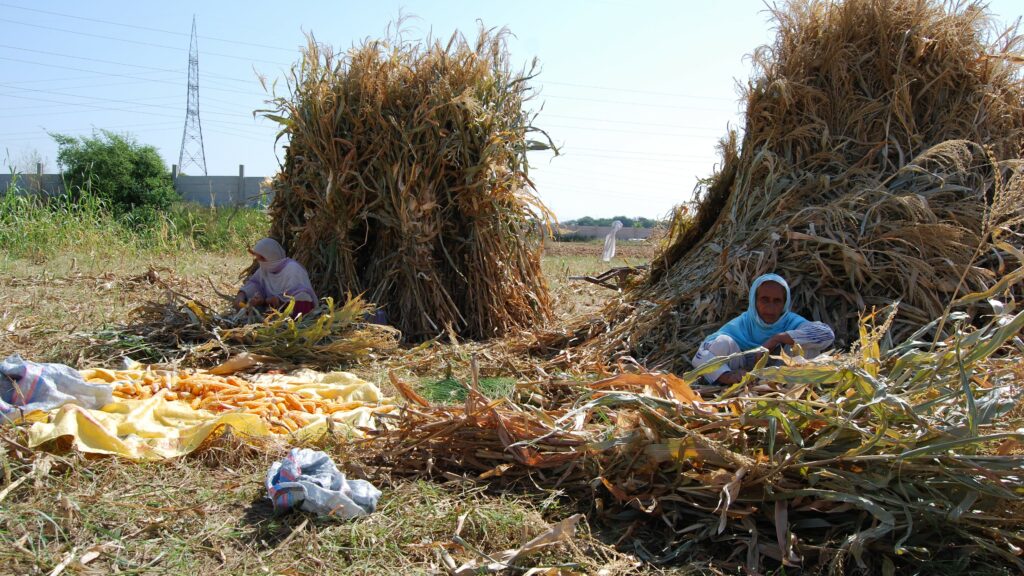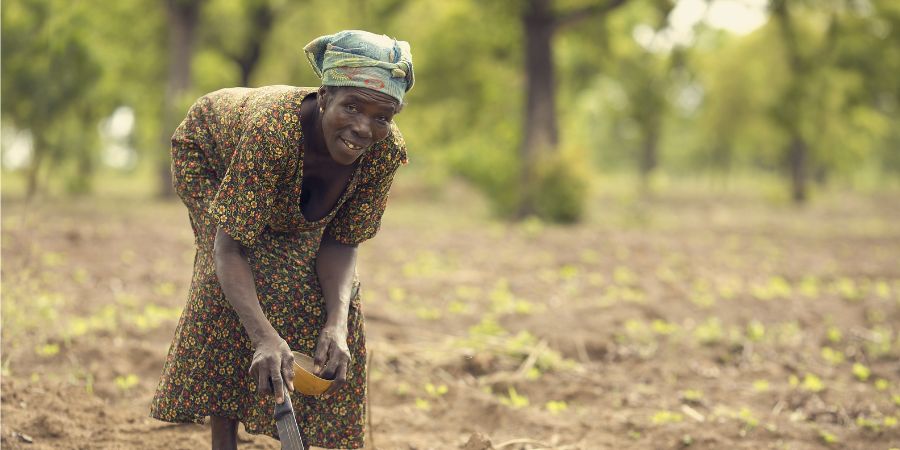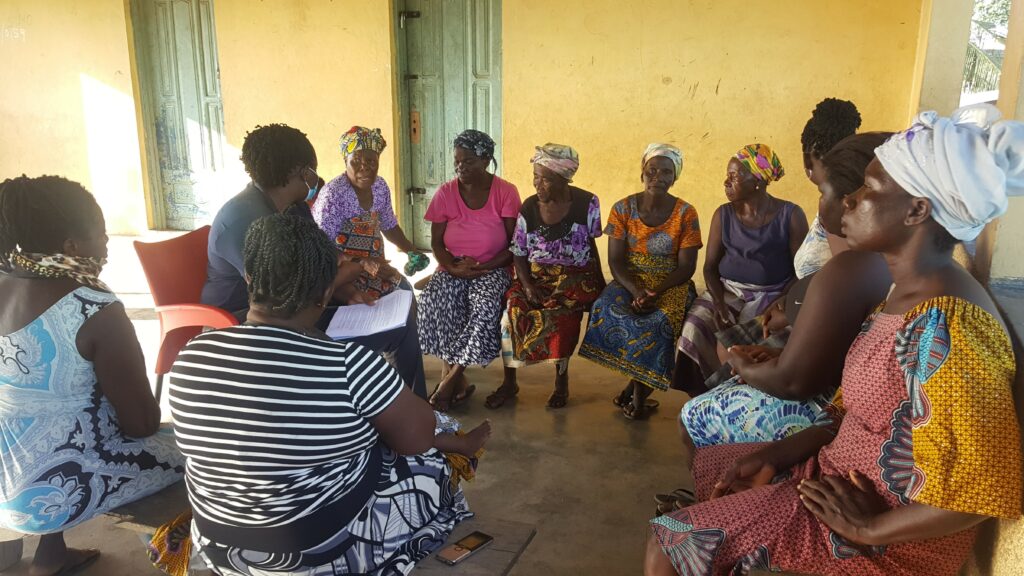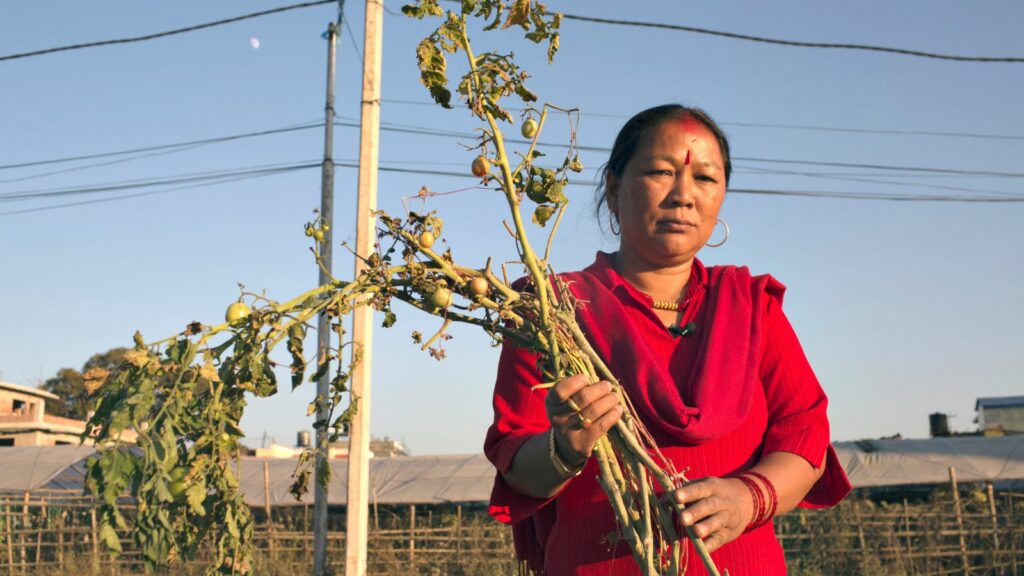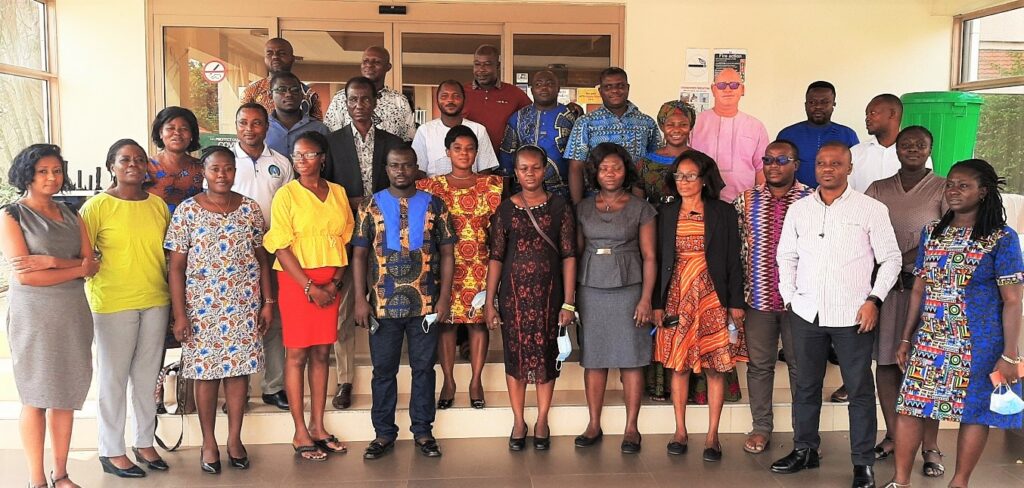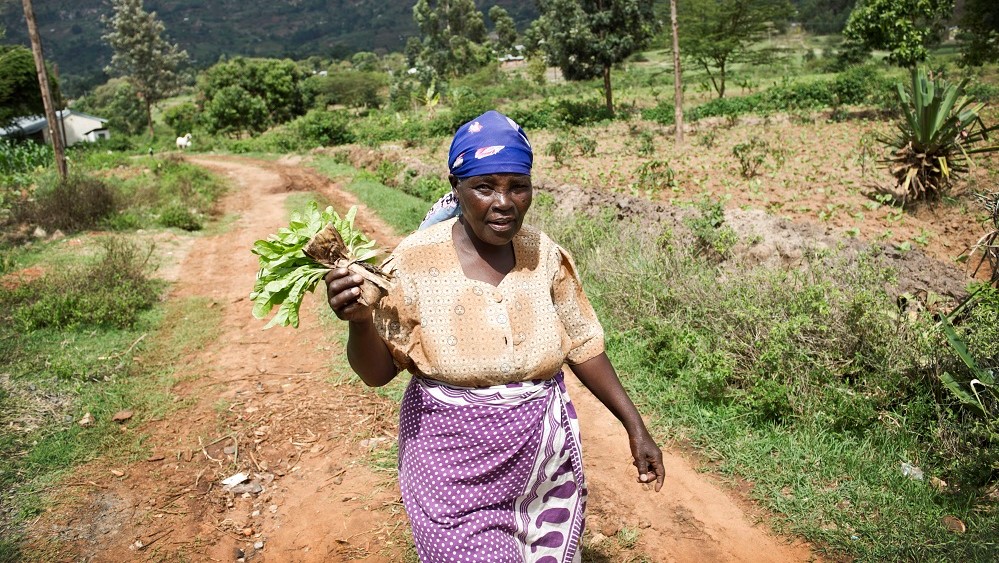Why it’s important to prioritize unpaid care work in the agriculture sector
Gender norms often prevent women from entering into productive careers in agriculture. These norms are a type of social norm related to what communities believe men and women should and shouldn’t be doing. They’re shared beliefs about typical and appropriate behaviour in a group.
How community conversations help to close the gender gap in Burundi
What are community conversations and how are they closing the gender gap in Burundi’s farming sector? The gender gap in agriculture is a big challenge. In low- and middle-income countries, women make up an average of 43% of the agricultural labour force. In Burundi, of all the time spent on agricultural work, women make up…
Embracing equity for women farmers
Women farmers make up around 43% of the agricultural labour force and produce over half of all food grown worldwide. Yet, when you picture a farmer, are they a woman? This year’s International Women’s Day theme is ‘embrace equity’ and its aim is to get the world talking about why equal opportunities aren’t enough. People…
Women farmers in Pakistan aren’t realising their potential – here’s why
Women farmers in Pakistan are finding it difficult to access agricultural support. The needs of male farmers dominate most advisory services and socio-cultural set up due to restricted mobility of women farmers. This is a challenge in many low- and middle-income countries. And it contributes to a gender gap in agricultural productivity. Women-managed farms are…
Assessing gender and rural advisory services in Ghana
In Ghana, as in many other developing countries, women face challenges in accessing extension advisory services. Most services are geared to the needs of male farmers. On top of other challenges faced by women farmers, this lack of access only extends the gender gap in agricultural productivity in the global South.
Innovation on the ground can be critical for gender integration
Gender-based social norms are major barriers to women accessing agricultural extension advice and adopting new practices. Although women make up 43% of the global agricultural labour force, just how gender-equitable are extension services like Plantwise?
- « Previous
- 1
- 2
- 3
- 4
- Next »

